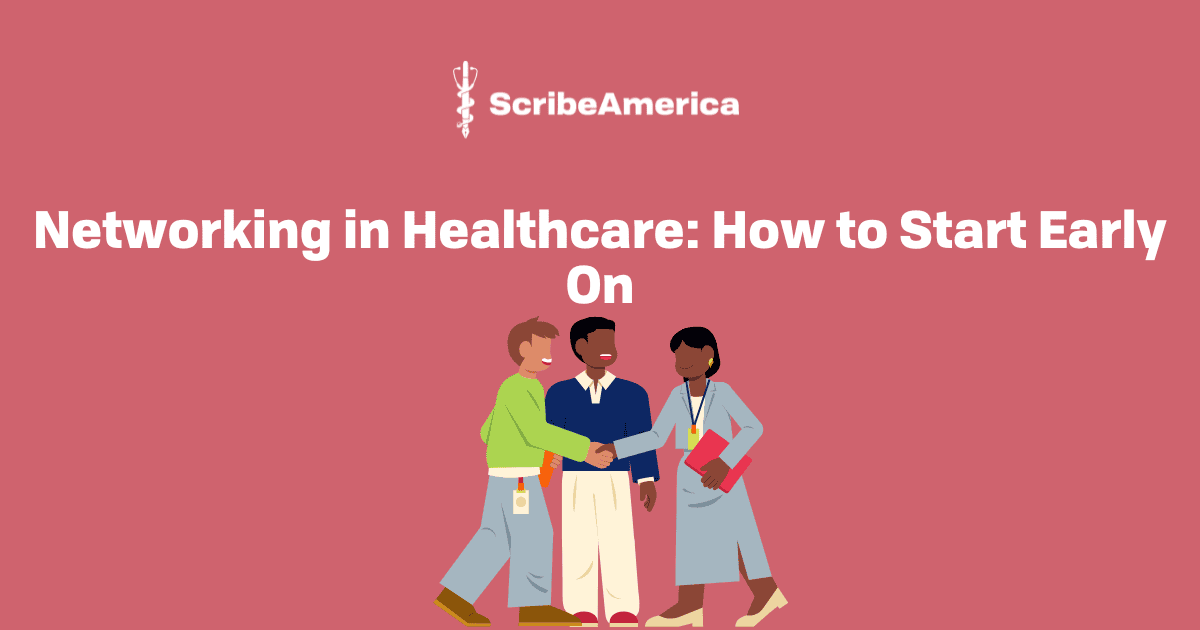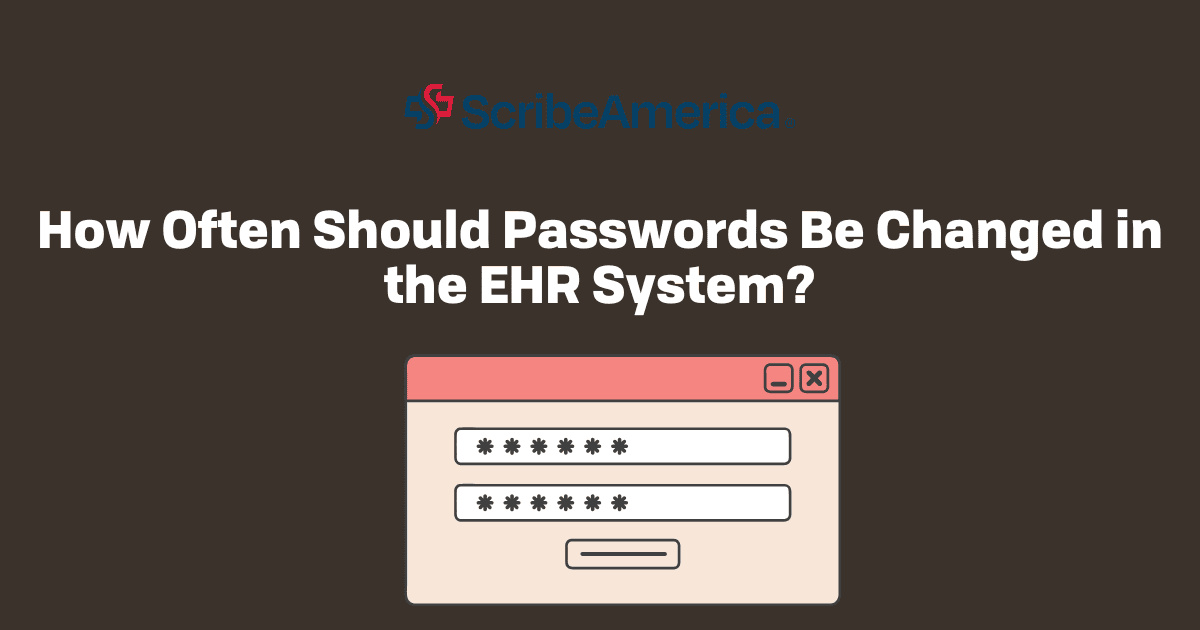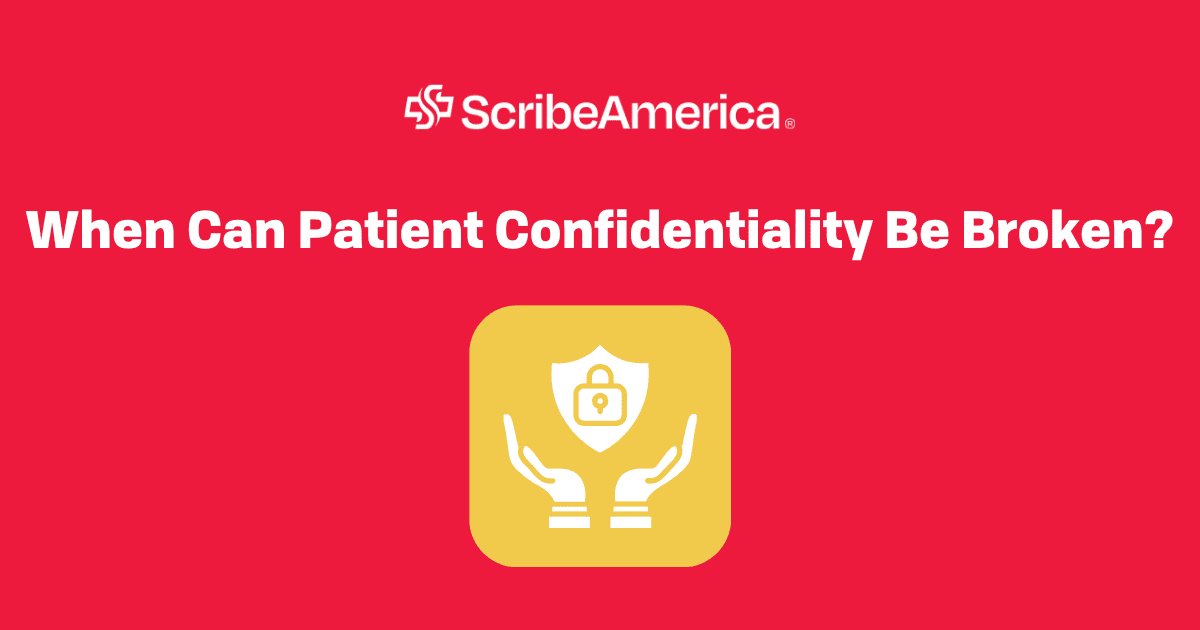Key points:
- Networking in healthcare is about building authentic, meaningful relationships – not self-promotion.
- Starting early creates stronger, more natural connections that can support your future career.
- Both in-person and digital networking matter, offering opportunities to connect locally and globally.
If you're just beginning your journey in medicine, you've probably been told that "connections matter." And while it's easy to roll your eyes at that advice, there’s a real and lasting truth behind it. Relationships in healthcare – just like clinical skills – can impact your career. The earlier you start building them, the more doors you'll open.
But what is networking in healthcare, really? It's not just collecting LinkedIn connections or shaking hands at conferences. At its best, networking is about building authentic, mutual relationships with people who are as passionate about patient care, innovation, or research as you are. And it’s a skill that, like any other, gets better with practice.
Understanding what networking in healthcare is
Let’s start by clearing up a common misconception: networking isn’t about self-promotion or being overly strategic. It's about engagement, being present in conversations, offering value where you can, and learning from others.
In a healthcare context, networking might look like shadowing a physician and staying in touch afterward. It could be asking thoughtful questions at a seminar or volunteering in a hospital where professionals from multiple disciplines interact. Sometimes it's as simple as sending a follow-up thank-you email to a mentor after a rotation.
At its core, networking in healthcare is about creating a web of relationships that help you grow professionally, stay informed, and remain grounded in the human side of medicine. These relationships don’t have to be transactional or strategic; they just have to be real.
Why start now?
There’s a huge benefit to starting early. When you're still in school, training, or working your first entry-level job, you're surrounded by people who are teaching, hiring, mentoring, and influencing. These same individuals might one day be the ones reviewing your application, referring you to a residency program, or even offering you a job.
The sooner you start reaching out, the more time you have to build trust and rapport before you need anything. That’s what makes early networking different – it feels natural, not opportunistic.
Also, early-stage networking tends to be low-stakes. No one expects you to have everything figured out. You’re allowed to ask questions, be curious, and learn without pressure. It’s one of the few windows in your career when you’re free to explore connections without having to pitch yourself.

Making the most of networking in the medical field
Networking in the medical field isn’t limited to senior professionals or top-level researchers. In fact, some of the most valuable connections you’ll make early on are with peers like classmates, coworkers, interns. These are the people you’ll be growing alongside for years to come, and their paths may cross yours again and again.
Look for opportunities to engage beyond your assigned roles. Attend events, ask to be included in professional development meetings, or join academic societies. Don’t be afraid to introduce yourself to visiting speakers or email someone whose research or career path you admire. Most people remember what it was like to be new – and they appreciate sincere curiosity.
Another overlooked tactic? Be generous. If you come across a great article, resource, or opportunity, share it. If you meet someone you think would benefit from knowing a colleague, make the introduction. The most memorable networkers aren’t the ones always asking; they’re the ones contributing, too.
Networking in digital spaces matters too
While in-person connection is ideal, don’t underestimate the power of digital presence. Platforms like LinkedIn, professional forums, or Instagram offer chances to engage with people in healthcare in ways that were impossible a decade ago.
When done right, networking in medicine online allows you to connect with professionals far outside your immediate circle – across specialties, institutions, and even countries. But like anything else, it works best when it’s real. Engage meaningfully: comment on posts, ask thoughtful questions, and keep your own profile honest and current.
The takeaway
Networking in healthcare isn’t a buzzword; it’s a long-term investment in your future. Whether you're shadowing, studying, working, or volunteering, you're already in a space full of potential connections. Don’t wait for your degree or job title to start introducing yourself. The relationships you build now will shape the opportunities that come your way tomorrow.
So, if you're planning to become a medical scribe, a nurse, a physician, or any healthcare professional, keep in mind that your knowledge and skills will grow, but your network will help carry you forward. And it’s never too early to start.
You may also like: How to Apply for the Position of Medical Scribe? The Ultimate Guide




